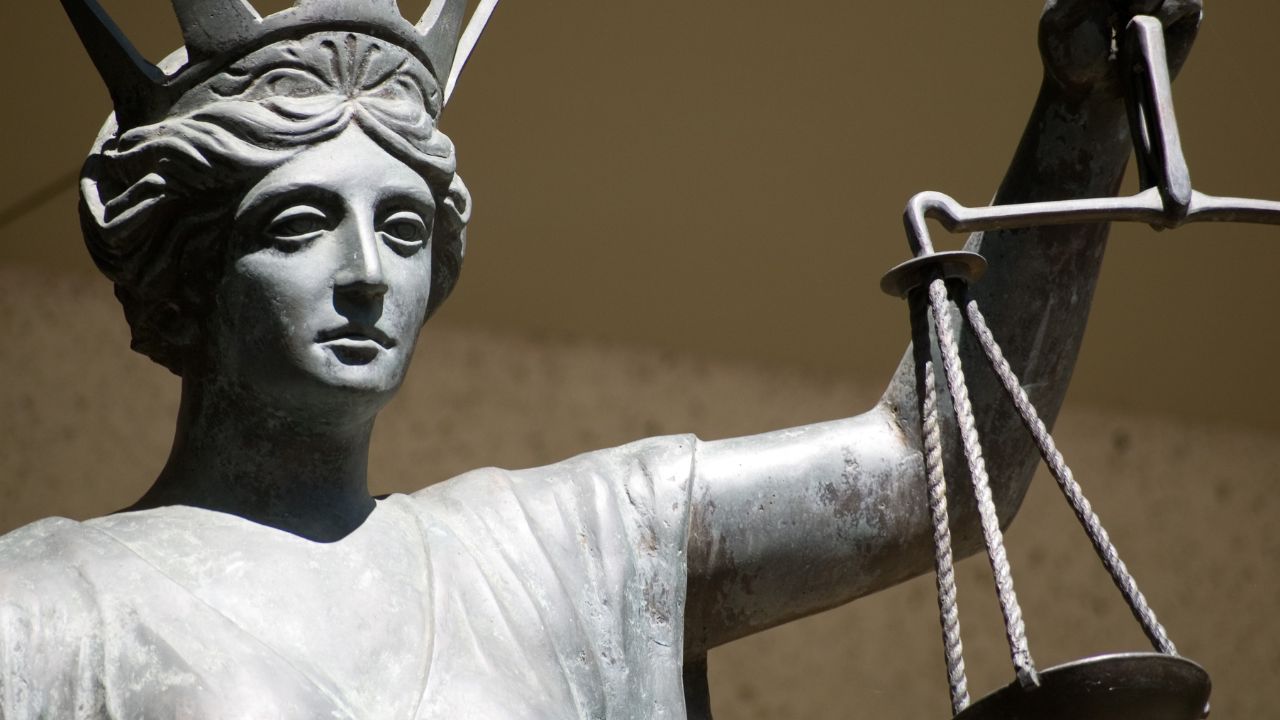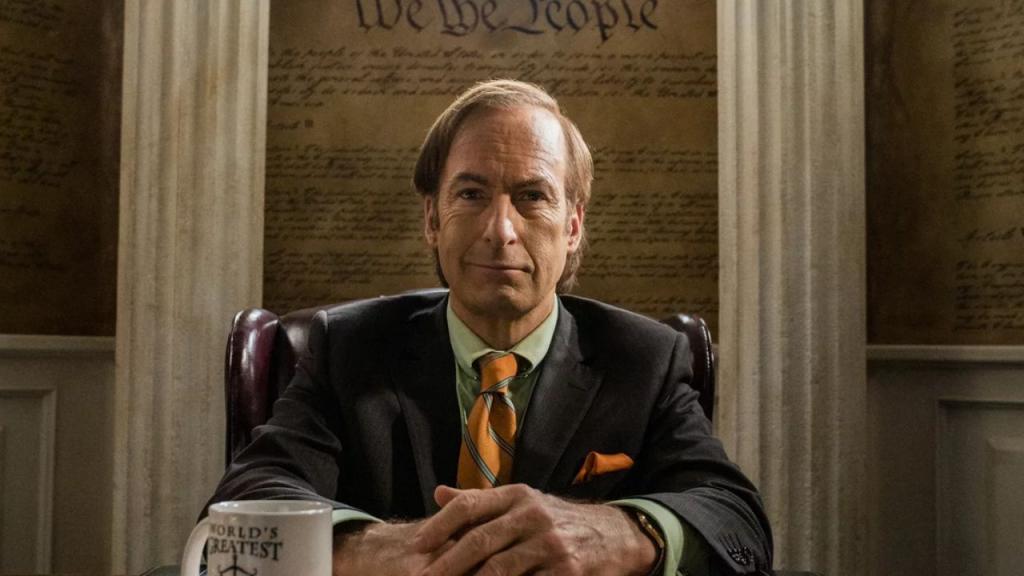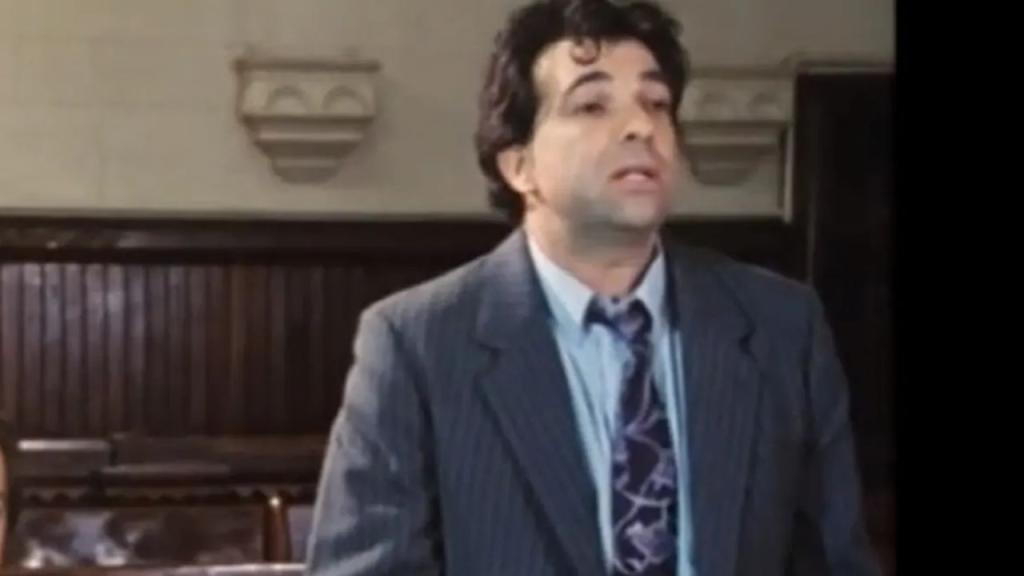
As we prepare to head to the polls for The Voice To Parliament referendum, it seems like everybody is talking about the Constitution.
But do we actually understand the Constitution?
A group of 71 legal experts have signed an open letter stating the proposed Voice To Parliament is not legally risky.
The letter did not take a stance on The Voice, but raised concerns about widespread misconceptions about constitutional law.
“We write this letter in the spirit that we approach our teaching,” the letter said.
“We know that the vast majority of expert legal opinion agrees that this amendment is not constitutionally risky.”

Kim Rubenstein, a professor of constitutional and citizenship law at the University of Canberra, a one-time independent federal senate candidate, and a co-host of constitutional law podcast It’s Not Just the Vibe, It’s the Constitution, was one of the experts who signed the letter.
We spoke with her to find out more about what the constitution actually does.
Saul Goodman Lied To Us
“Hi I’m Saul Goodman. Did you know you have rights? The Constitution says you do, and so do I.”
Turns out our fave fictional lawyer isn’t an expert in Australian constitutional law.

“People think they have constitutional rights [in Australia],” Prof Rubenstein said.
“The Australian Constitution doesn’t even mention Australian citizenship let alone citizens’ rights.
“So many things people take for granted are not necessarily protected by the Constitution.”
Besides being a great conversation starter at parties (thank us later), this little titbit goes to show there’s some real misconceptions about what the Constitution actually does.
Dennis Denuto Might Be Right
We all know the line from The Castle “It’s the vibe, it’s the Constitution”. It’s almost a cliche.
But Dennis Denuto was on the right track. Kinda. Basically the Constitution lays out the general vibe of how a country runs, but it doesn’t get specific.
A major talking point from those opposing The Voice is concern around a supposed “lack of details” about what The Voice would be.
But as Professor Rubenstein explains, while the Constitution has established some of Australia’s most important institutions, it’s not that deep.
For example: let’s look at The High Court.

“The High Court of Australia [is] established in the Constitution,” Prof Rubenstein said.
“But all the specifics are then legislated by parliament in the Judiciary Act.”
To recap: the High Court *exists* because it’s in the Constitution and it provides a broad summary of the court’s purpose and powers.
But all of the details about how the High Court works is based on the legislation passed by parliament.
This means parliament can make reasonable changes to how the High Court works – so long as it doesn’t contradict the Constitution.
“In the same way The Voice and it’s purpose [would be] made clear in the constitution,” Prof Rubenstein said.
“But the specifics of its functions, powers and procedures, will be in the legislation that parliament [will] determine after the referendum.”
“This is good because we want The Voice to be fit for purpose at any time, so parliament can change things within the constitutional parameters from time to time.”
Professor Rubenstein said if all the details of how The Voice would work were in the Constitution it would be “much harder to change” .
“But [a Voice] being in the constitution protects it from being removed, which is what has happened in the past to other Indigenous bodies,” She said.
The Constitution Was Built For Change
The Constitution has been described by some as an important founding document that’s worth protecting and that shouldn’t be messed with.
However Professor Rubenstein explains the ability to change the Constitution is *literally* written into the Constitution.
“There are reasons that constitutions are difficult to change but that does not mean they must not be changed,” she said.
“[The authors] specifically provided for changing the Constitution in Section 128 which is why we’re are having a referendum.”
To recap, there is an entire section of the Constitution about holding referendums — because even the people who wrote the Constitution knew the document would need to change.
Professor Rubenstein said it was important to ensure the Constitution was “fit for purpose” in modern Australia.
“Our Constitution was drafted by white bearded men in the 1890’s, there were no women, no Indigenous people who were involved.”
“We developed as a country but our Constitution hasn’t kept up.”
The post How Does The Constitution Even Work? A Legal Expert Explains appeared first on PEDESTRIAN.TV .







